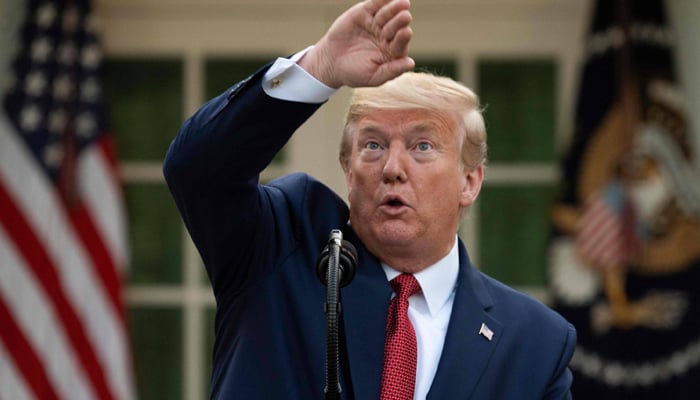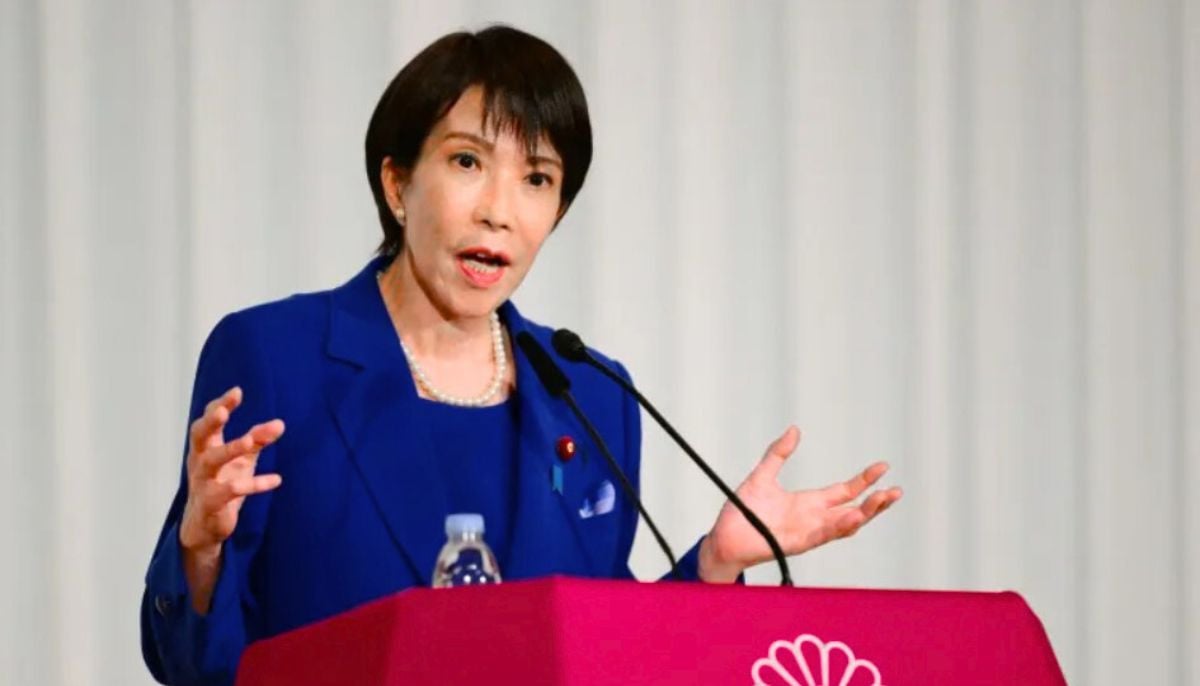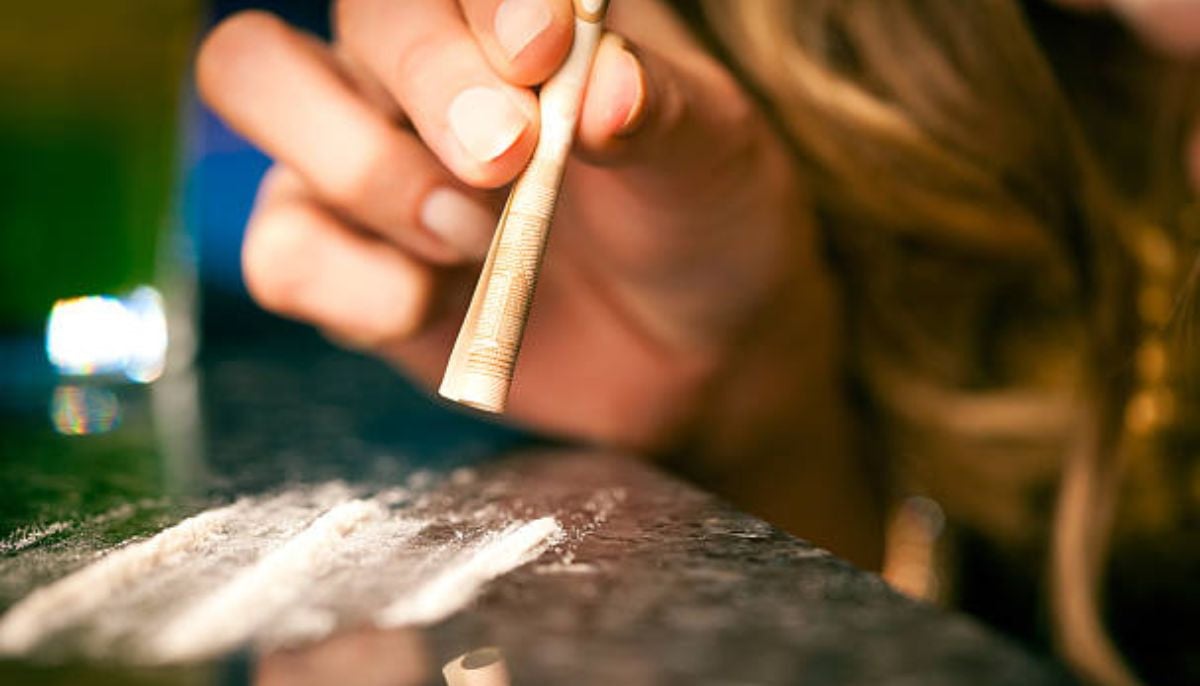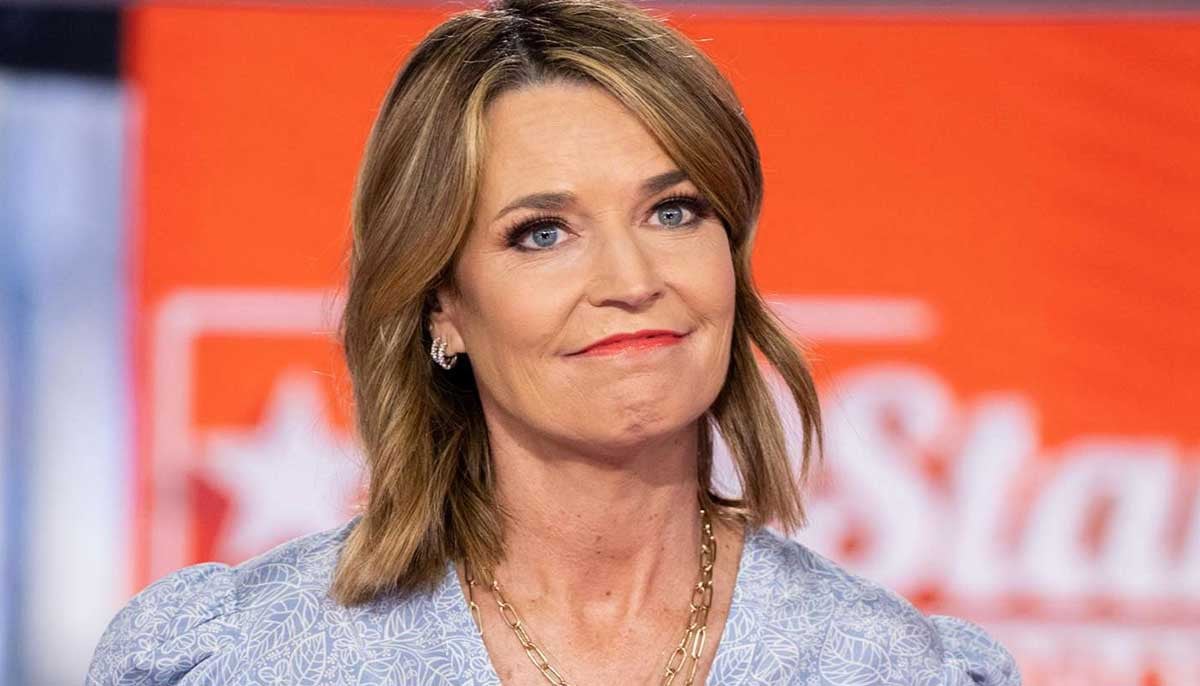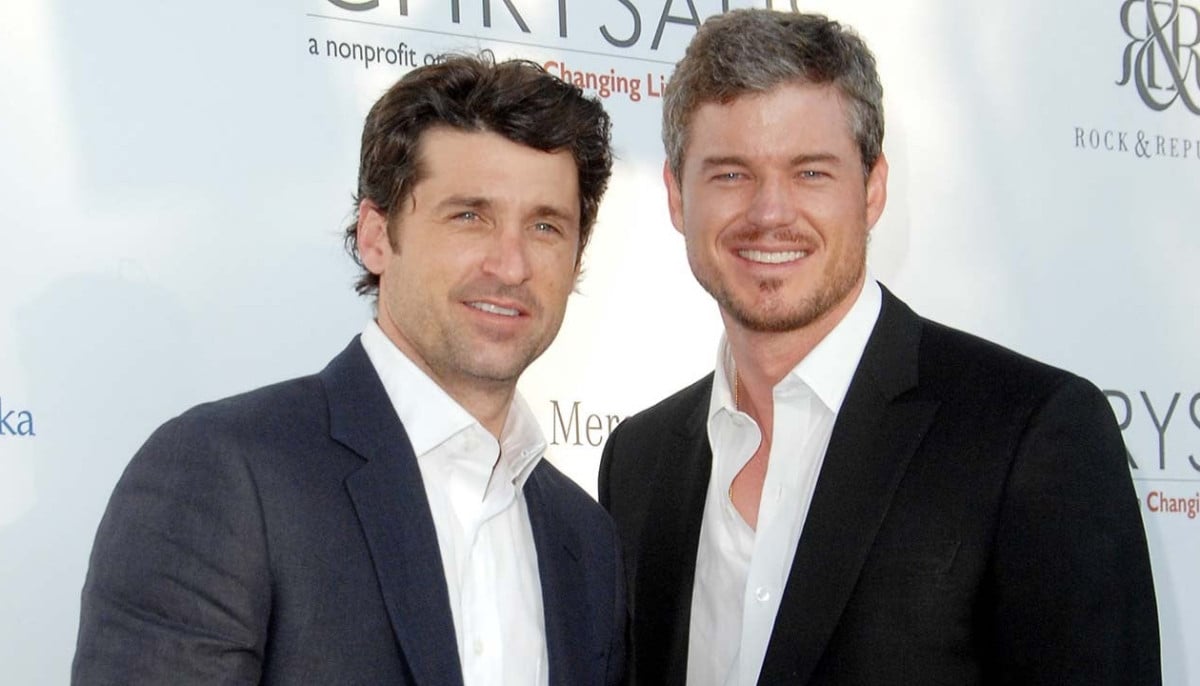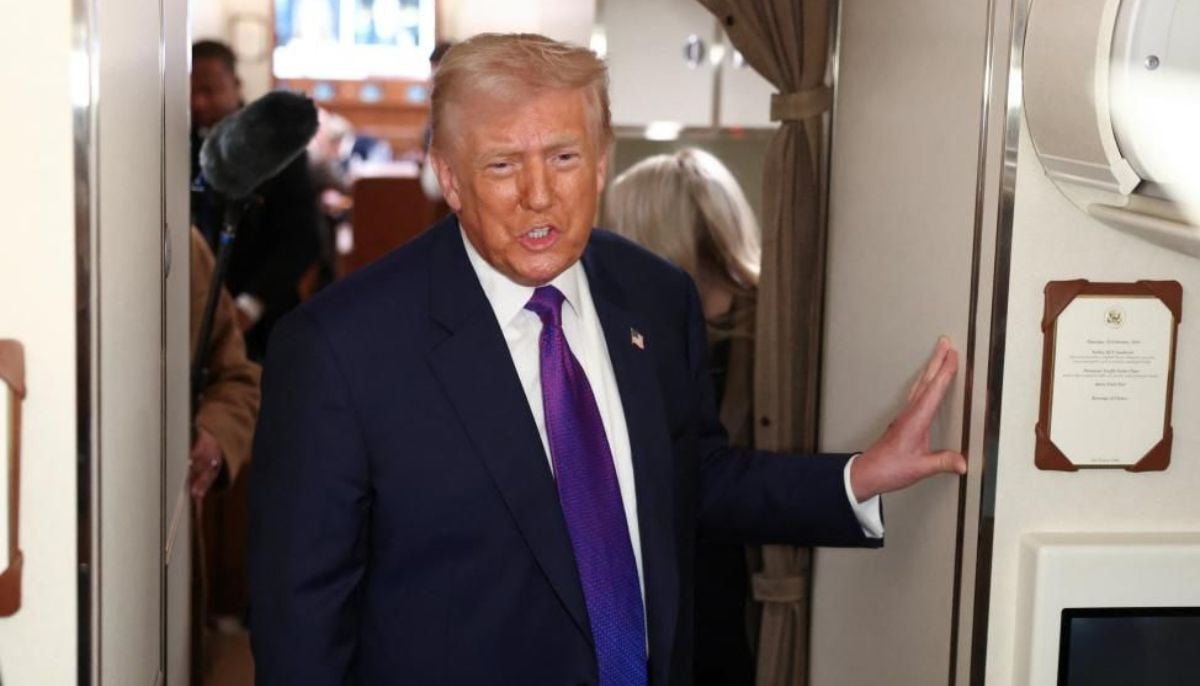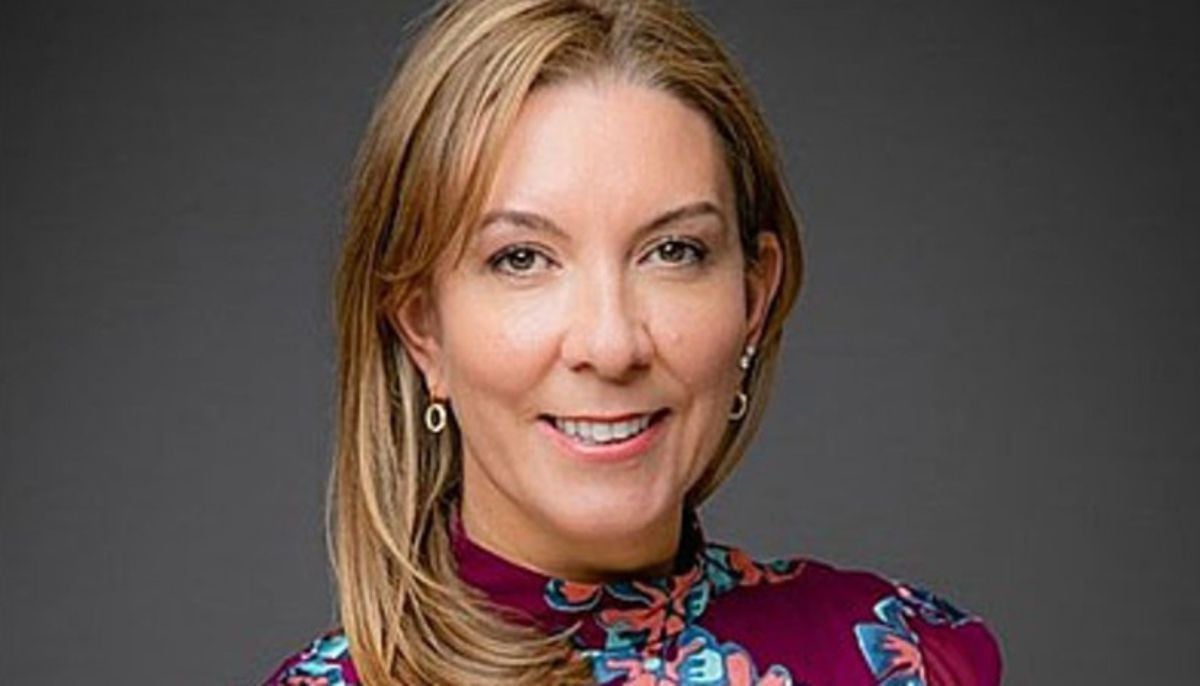Scientists debunk Trump’s claims of coronavirus going away in summers
Due to lack of host immunity globally, the reduction in transmission efficiency may not lead to a significant reduction in disease, say health experts
A prestigious scientific panel informed the White House that the novel coronavirus, that has pushed almost the entire world into a lockdown, has lesser chances of vanishing away in warm weather, CNN reported on Thursday.
According to the published news report, President Trump had earlier claimed that coronavirus will recede with warmer weather.
"A lot of people think that goes away in April with the heat — as the heat comes in. Typically, that will go away in April," he said on February 10 in remarks to the nation's governors.
Trump repeated the claim later that day at a political rally in New Hampshire.
"Looks like in April, you know in theory when it gets a little warmer it miraculously goes away," he said.
The panel had penned down a letter to White House revealing that the data is mixed on whether coronavirus spreads as easily in warm weather as it does in cold weather. However, it might not bring about much difference given that very few people in the world are immune to coronavirus.
"There is some evidence to suggest that [coronavirus] may transmit less efficiently in environments with higher ambient temperature and humidity; however, given the lack of host immunity globally, this reduction in transmission efficiency may not lead to a significant reduction in disease spread without the concomitant adoption of major public health interventions,", read the letter.
The letter also notes that while flu typically is seasonal, that's not necessarily the case when there's a new strain of the flu and very few individuals have any immunity.
In this regard, new strains of flu have broken out in warm and cold weather, and then there's been a second wave about six months later.
Dr William Schaffner, an infectious disease specialist at Vanderbilt University Medical Centre, who is not a member of the NAS committee, said, "Although we can hope weather will make some contribution to the reduction in transmission, we can't rely on it alone."
He added: We have to continue to employ social distancing and other measures to reduce transmission."
-
Leading astrophysicist shot dead at southern California home
-
Will Savannah Guthrie ever return to 'Today' show? Here's what insiders predict
-
Amazon can be sued over sodium nitrite suicide cases, US court rules
-
Patrick Dempsey reveals Eric Dane's condition in final days before death
-
Epstein estate to pay $35M to victims in major class action settlement
-
South Korea’s ex-President Yoon issues public apology after being sentenced to life over martial law
-
Trump officially directs US agencies to identify and release files on extraterrestrial life
-
Who is 'Queen of Woke'? UK first female Civil head
